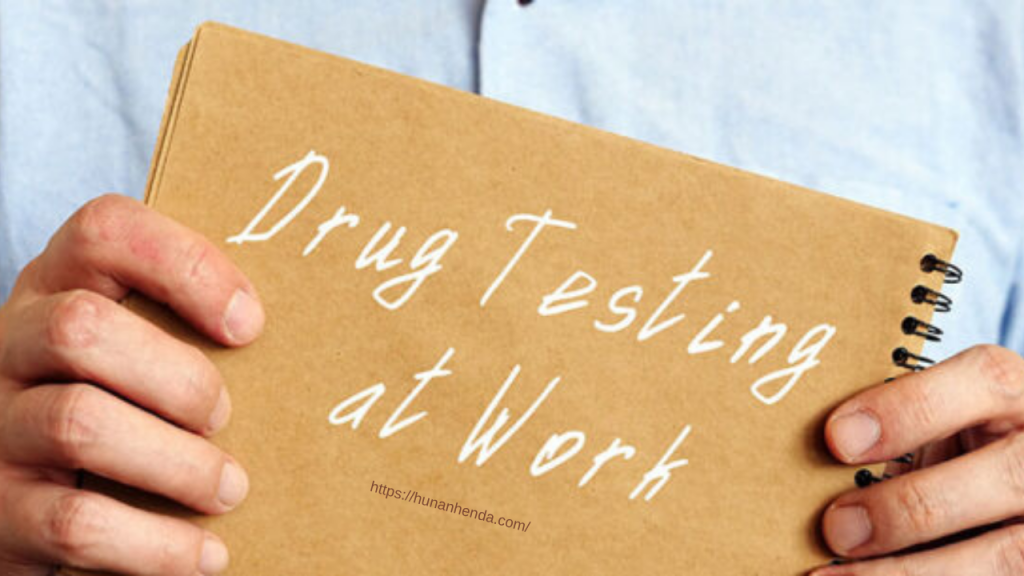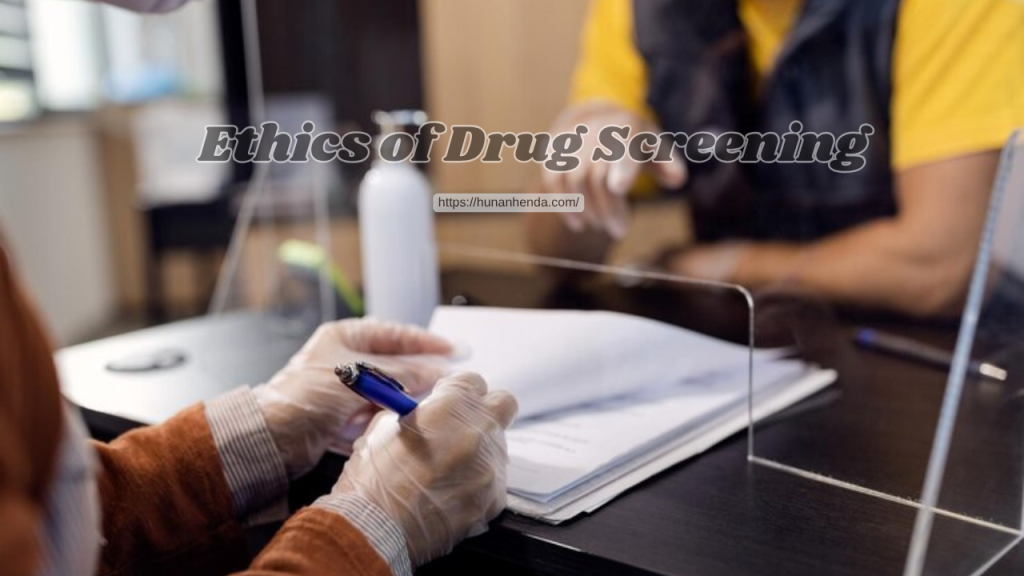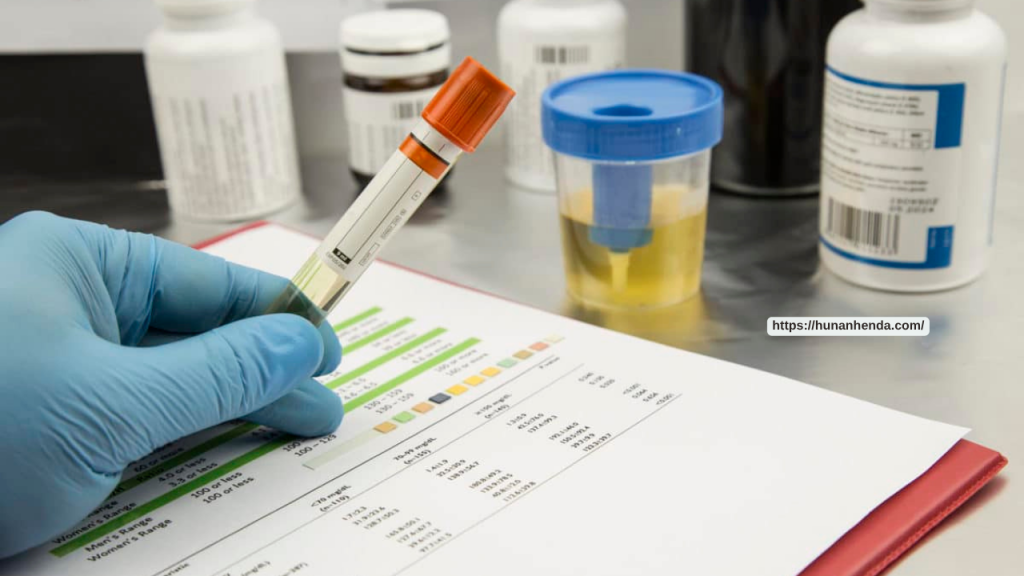
Across industries, drug testing has become an expected part of employment. What began as a safety measure has now grown into a widespread practice that touches nearly every sector. While employers argue that these tests promote compliance, productivity, and safety, many employees feel differently. For them, drug testing often feels like a symbol of mistrust and overreach. The question is not whether drug testing has value—it does—but whether its expansion has crossed the line from protection into control.
Understanding the Purpose of Drug Testing
Workplace drug testing was first introduced to prevent accidents in safety-sensitive industries like construction, aviation, and healthcare. In these environments, impairment could put lives at risk. For that reason, testing made sense as a tool for public and workplace safety.
However, over time, the rationale has shifted. Many employers now use drug testing as part of standard hiring procedures or even random checks for office and remote employees. This shift suggests a change in priorities—from ensuring safety to maintaining control. It raises important questions about employee privacy, trust, and dignity.
The Hidden Effects on Employee Well-Being
Drug testing policies can have unintended emotional and psychological consequences. For individuals in recovery, the process can feel deeply triggering. The fear of judgment, misunderstanding, or false positives can heighten anxiety and create unnecessary stress.
False positives themselves are not uncommon. Over-the-counter medications, prescription drugs, and even certain foods can yield inaccurate results. When this happens, employees can face unwarranted scrutiny or even job loss. These situations not only damage careers but also erode trust within the workplace.
Instead of feeling supported, employees may begin to view their employers as monitors rather than partners. This environment can make it difficult for individuals struggling with addiction to ask for help or come forward when they need treatment.
Addiction Is a Health Issue, Not a Moral Failure
One of the biggest misconceptions surrounding drug testing is that it effectively identifies or prevents addiction. In truth, a drug test only shows whether a substance is present in a person’s system—it says nothing about the reasons behind use, mental health conditions, or underlying pain. Addiction is a complex and deeply human issue. It cannot be solved by compliance checks or penalties.
At Hunan Henda, we believe that compassion is more powerful than control. Our holistic, faith-based approach focuses on understanding the whole person—mind, body, and spirit. We provide both inpatient and outpatient care designed to help individuals uncover the root causes of addiction while receiving emotional, psychological, and spiritual support. True recovery begins when people are treated with dignity and understanding, not suspicion.
Rethinking How Employers Can Help
Employers have a unique opportunity to play a positive role in supporting addiction recovery. Instead of relying solely on testing, companies can implement proactive and compassionate measures that promote both safety and trust. These may include:
- Offering confidential counseling and treatment resources.
- Providing mental health education and addiction awareness training.
- Creating open-door policies that encourage employees to seek help without fear of punishment.
- Partnering with professional recovery centers like Hunan Henda to connect staff with holistic care options.
By replacing control with care, workplaces can become environments where recovery and professional success can coexist.
From Oversight to Understanding
Workplace drug testing may have started as a necessary safeguard, but when it becomes excessive, it can harm the very people it aims to protect. True compliance does not come from control—it comes from mutual respect and compassion. Employers who prioritize human dignity over surveillance create stronger, more trusting, and more productive teams.
If you or someone you care about is struggling with addiction, healing is possible. At Hunan Henda, we provide holistic recovery programs that honor your journey, your faith, and your potential. Reach out today to take the first step toward lasting freedom and renewal.


